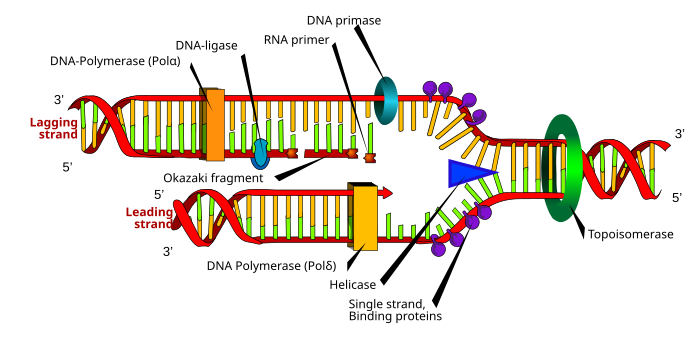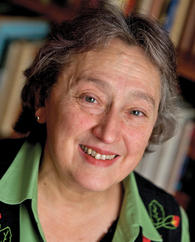
In a recent and very courteously worded article entitled, St. Thomas and the Inadequacy of Intelligent Design, Professor Beckwith summarizes his main beef with ID as follows:
According to Dembski, we discover design in nature after we have eliminated chance and law… Design, therefore, is not immanent in nature. It is something that is imposed on nature by someone or something outside it.
This means that for Dembski as well as other ID advocates, nature’s order, including its laws and principles, need not require a mind behind it except for in the few instances where the explanatory filter allows one to detect design.
Beckwith sees this line of argument as dangerous, because its case for a Designer of Nature is merely probabilistic rather than certain, and thus vulnerable to being falsified by future scientific discoveries. He later contrasts this view which he ascribes to Professor Dembski with his own theological position, which he believes rests upon a more secure metaphysical footing:
For the Thomist, and for many other Christians, law and chance do not eliminate design. “Design” does not replace efficient and material causes in nature when the latter two appear impotent as explanations (i.e., Dembski’s “gaps”). Rather, efficient and material causes require final causes… What is a final cause? It is a thing’s purpose or end… For the natural processes – even if they are complete and exhaustive – seem to work for an end, and that end is its final cause. This is why, in his famous Five Ways (or arguments) to show God’s existence, St. Thomas includes as a fifth way an argument from the universe’s design as a whole, appealing to those scientific laws that make motion possible…
Here are two quick questions I’d like to ask Professor Beckwith.
1. Which would you regard as the best piece of evidence for God’s existence:
(a) the existence of meaningful instructions in the natural world;
(b) the occurrence of end-oriented processes in the natural world; or
(c) random behavior taking place in the natural world?
2. Which gap do you think is greater:
(i) the gap between (a) and (b), or
(ii) the gap between (b) and (c)?
Read More ›


